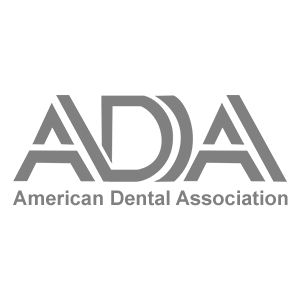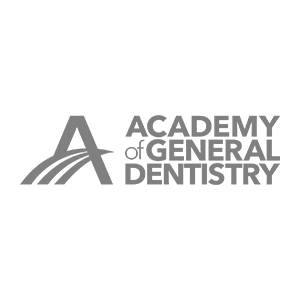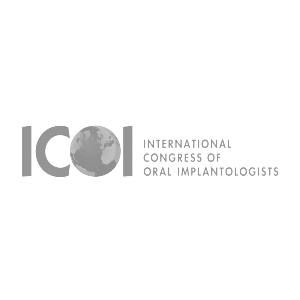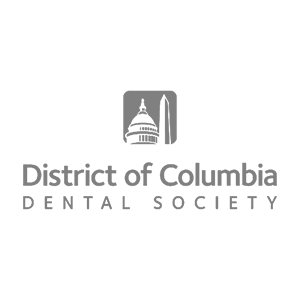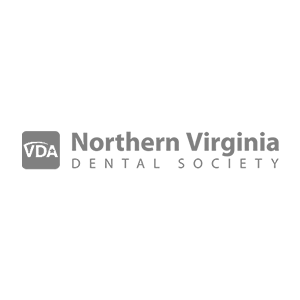ALLergies
Itchy, swollen eyes, sneezing and a runny nose may sound like a case of seasonal allergies, but for some, these are the allergy symptoms they experience each time they visit the dentist. Learn about how to combat allergic reactions at the dentists’ office and have a more enjoyable experience.
Understand what may be irritating your allergies at the dentist.
Or call us at:
allergic reaction basics
protecting dental patients from allergies
Allergies are sensitivities to a substance called an allergen. Allergens either make contact with the skin or are inhaled into the lungs, swallowed or injected. Some allergic reactions are mild, while others can be severe and life-threatening. Allergic reactions often occur more frequently in people who have a family history of allergies. Substances that don’t bother some people can trigger allergic reactions in others. It’s important to discuss any allergies in your family history, or any known allergies that you have, with your dentist prior to your visit.
What Can Cause an Allergic Reaction in the Dental Office?
Although allergens can be found anywhere, there are some items in dental offices that are more likely to trigger allergic reactions. These include:
Symptoms of an Allergic Reaction
In addition to itchy, swollen eyes, a runny nose and sneezing, the development of hives, dermatitis (skin rash) and asthma also are common allergic reactions. The most severe allergic reaction is the potentially fatal condition known as anaphylactic shock, which is characterized by generalized flushing of the skin, hives, mouth and throat swelling, difficulty in swallowing or speaking, changes in heart rate, abdominal pain, nausea and vomiting, anxiety, a sudden feeling of weakness (due to a drop in blood pressure) and unconsciousness.
What Should I Do if I Experience an Allergic Reaction?
If you know that you have a specific allergy, talk to your dentist and the dental staff, and make sure that the information is included in your patient chart. If you have had severe allergic reactions in the past, you should consider carrying an epinephrine kit (EpiPen®) and using a medic alert bracelet that clearly states your allergy. You also may want to carry a letter of explanation from your physician. If you have allergic symptoms after a dental procedure, consult with your dentist and physician immediately. If you experience a severe allergic reaction after a dental procedure, go immediately to the hospital emergency room.
Contact Us with Your Dental Allergy Questions
Are you concerned about your allergies and how they’ll affect your visit to the dentist?
Contact us with any questions you may have and we’ll work to ensure you have a safe and allergy-free appointment!
RELATEd SERVICES
why choose DC Implant & Cosmetic Dentistry
SERVING THE WASHINGTON DC AREA SINCE 2017
At DC Implant & Cosmetic Dentistry, we offer comprehensive and personalized dental care tailored to each patient’s individual needs. Our team is dedicated to providing you with the highest quality of care using state-of-the-art techniques and technologies. We are committed to providing safe, effective treatments that will help you achieve a healthier, more beautiful smile.

Award-Winning Dentist
Over 10 Years of Experience

200+ 5 Star Google Reviews

Emergency Care Available

State-of-the-Art Equipment
Free On-Site Parking Spots
online reviews
what patients are saying
DC Implant & Cosmetic Dentistry provides patients with exceptional dental care. Our experienced dentists and staff strive to ensure that each visit is a pleasant experience. We are proud of the relationships we have established with our patients over the years and thank them for their loyalty and trust. To see what our current patients have to say about our comprehensive dental services, check out our reviews!

